New Delhi ; The students’ needs and education have been given the least priority by the government, not just in the pandemic but during its tenure overall, educationists said at a consultation meeting on Saturday. The experts also expressed concern over the manner in which online education and the current crises was being exploited to promote ‘EdTech’ and further remove the government and public sector from its responsibility to provide education.
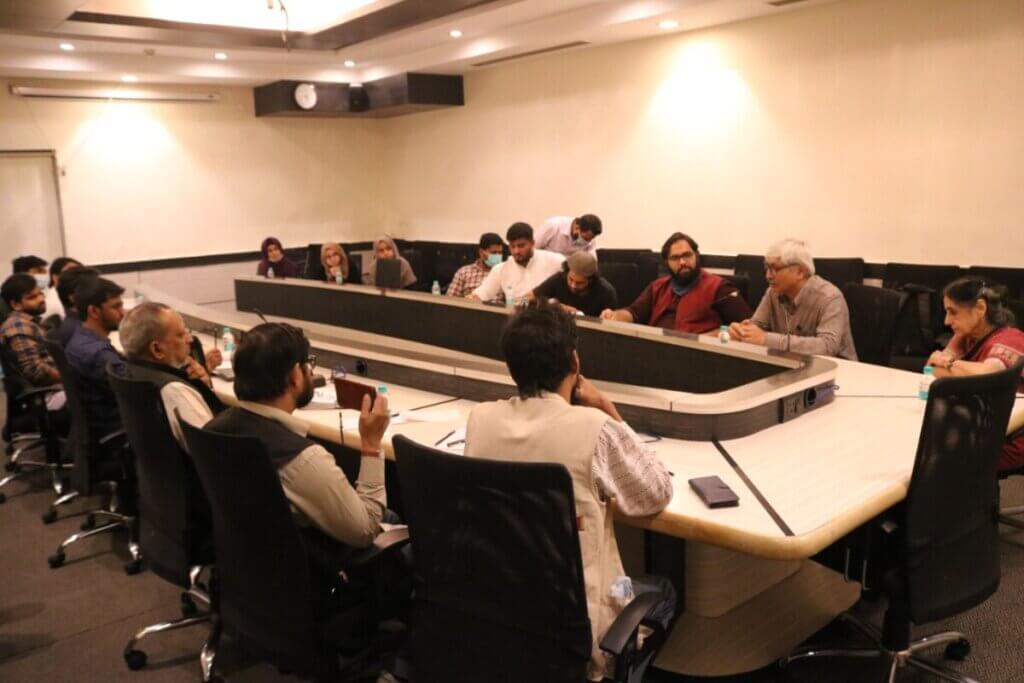
The meeting titled ‘Shikhsha Samvad’ was organised by Delhi-based Centre for Educational Research and Training (CERT) in collaboration with Students Islamic Organisation of India (SIO) to discuss the way forward to recovery from the two years of learning deprivation students had to go through during Covid-19 pandemic. Prof Dr. Apoorvanand Delhi University (DU), Prof Dr. Anita Rampal Delhi University (DU), Salimullah Khan Secretary Talimi Board Jamat-e-Islami-Hind (JIH), Fawaz Shaheen Director CERT, were present along with Students and Researchers from Jamia Millia Islamia (JMI), Jawaharlal Nehru University (JNU) and other institutions.
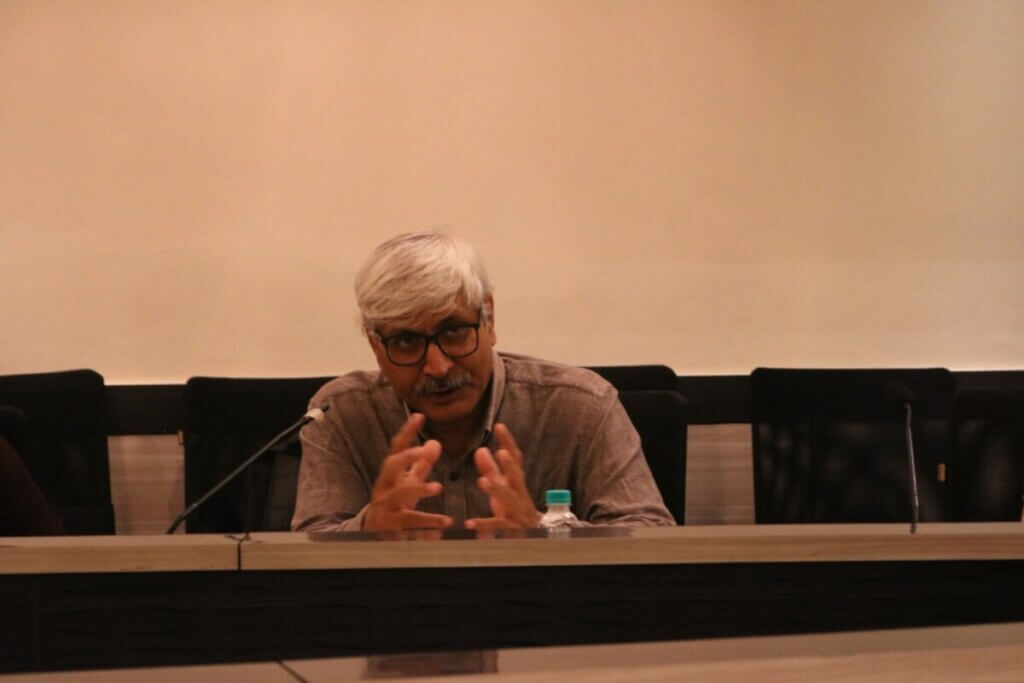
Sadat Hussain (JNU) reminded with the stories of ad hoc and guest faculties from central universities such as Delhi University, which sustains its pedagogic structure by overworking and underpaying a mass of temporary teachers, where teachers have been promptly dismissed from their contracts at will, and rarely paid summer salaries. A need for a comprehensive solution to make such teachers permanent is an important step towards giving teachers a sense of security, dignity, and respect. It is only natural that this would have a massive effect on the students, who go through teacher after teacher within a short term basis, unable to make any valuable connection.
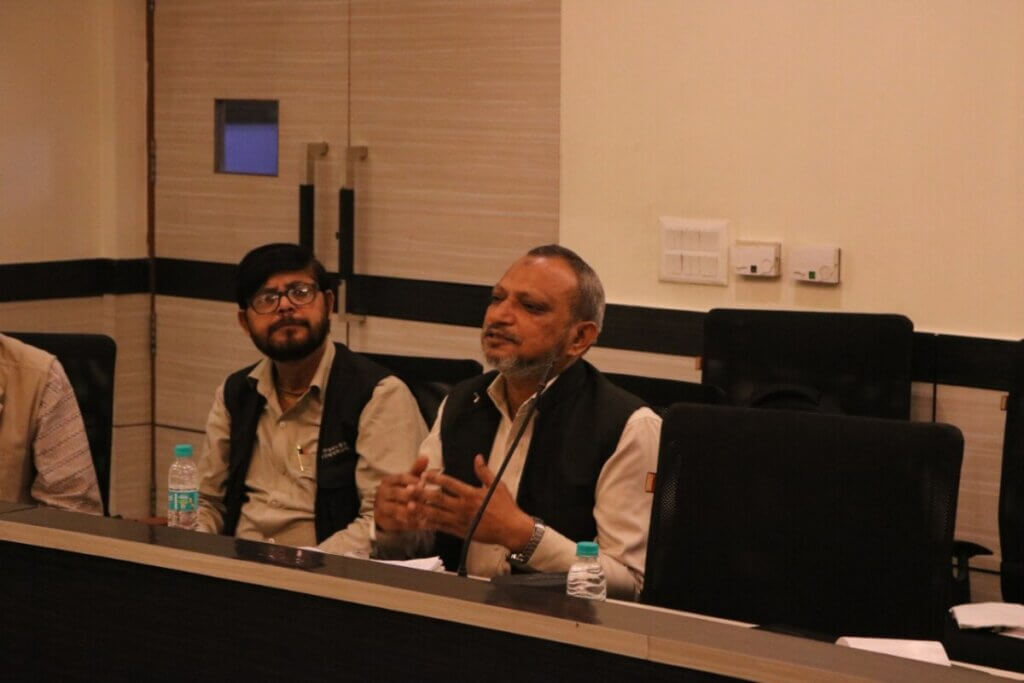
Mr. Salimullah Khan expressed the concern which he gathered while meetings with teachers and faculty across the nation. The lecturers recognize that the students are experiencing a disruption in their learning environment, and are consequently facing breakages in their progression through the curricula, with gaps created that can disrupt learning and achievement for the rest of their educational careers. A need for change/reform in curricula is necessary with a balance between not being a burden for the students and still being able to achieve the learning outcomes. Prof Anita reiterated that Digital education is not education. It cannot substitute for real learning. The Teachers are feeling trapped and enslaved to a system that seems to encourage coaching and not teaching. Students tend to learn more from each other while engaging in challenging collective tasks and thinking together. In this case, they are “Staring at a screen or blackboard, learners do not think, question, argue, discuss but only act as remote receptors of what is beamed.”
Prof Apoorvanand echoed that the idea of high-quality knowledge products available at such a ridiculously low price is seductive to our governments, for whom being digital is to be progressive and who see professors and higher education as liabilities to be got rid of.
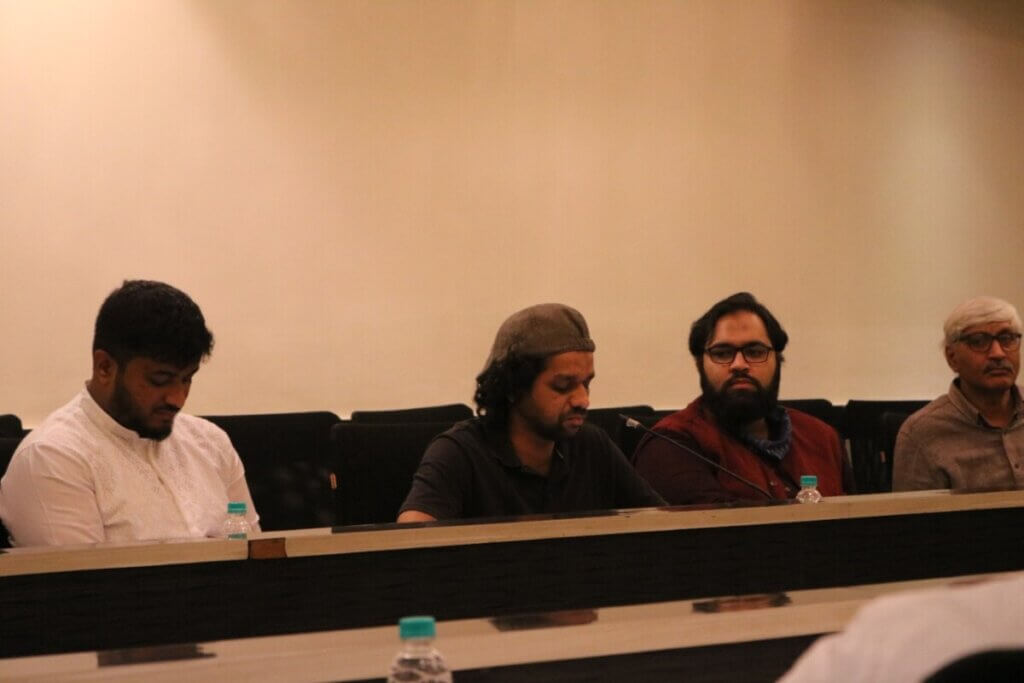
Adv. Fawaz Shaheen pointed out that the Intensive bridge courses or accelerated learning programs could further demoralize the students and affect their mental health. Extending the term year with the consultation of students needs to be considered in order to achieve the learning outcomes. This session took place as part of “Shiksha Samvad”, a consultation series, which has been planned in various states across the nation with academics, students, researchers, lecturers, and members of the civil society.

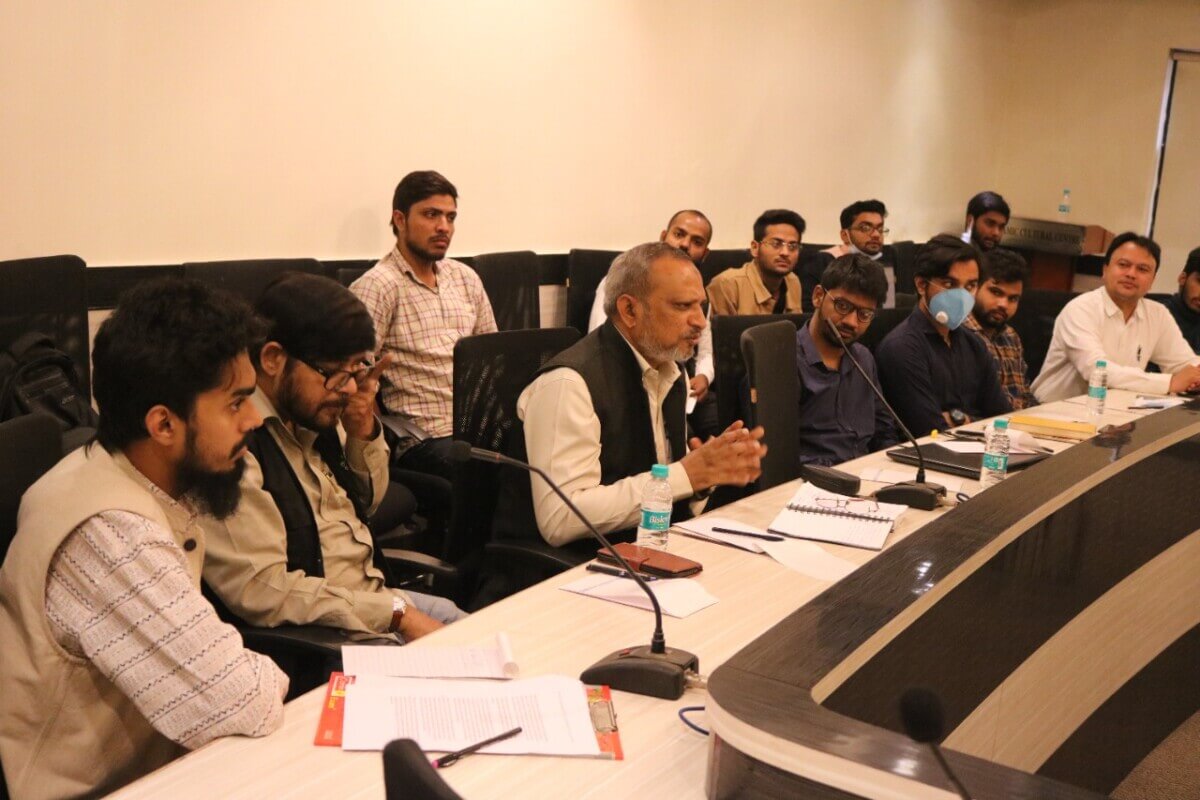
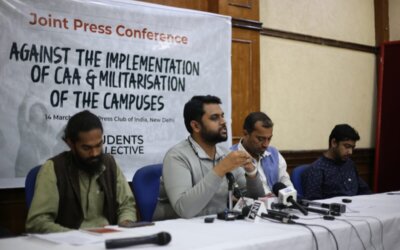
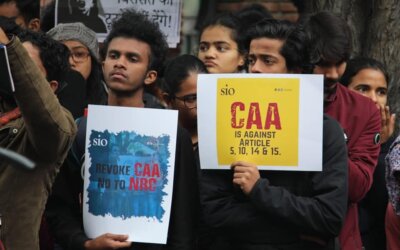
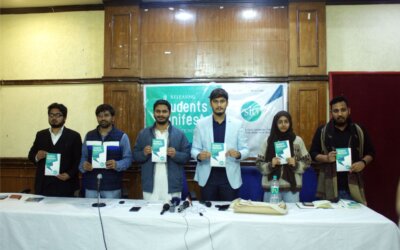
0 Comments